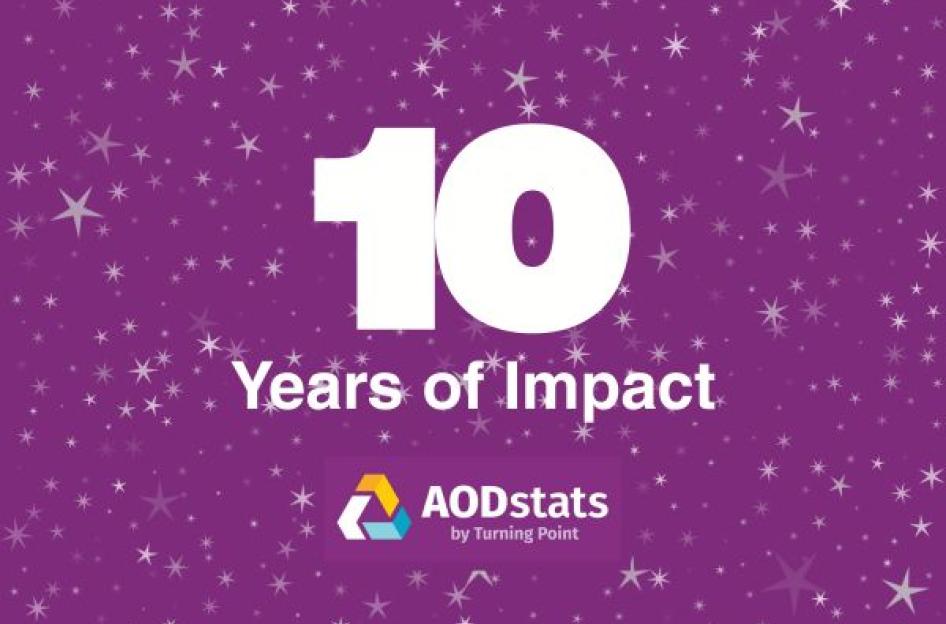Study shows COVID-19 restrictions leads to increased alcohol-related harms
New research examining ambulance attendances for alcohol-related harms during COVID-19 restrictions in Victoria has found that attendances to homes increased by 9 percent in 2020.
New research examining ambulance attendances for alcohol-related harms during COVID-19 restrictions in Victoria has found that attendances to homes increased by 9 percent in 2020, with those from more socioeconomic advantaged areas showing the largest percentage change.
Led by researchers from Turning Point and Monash University, the study examined National Ambulance Surveillance System (NASS) data from January through to September for 2019 and 2020, with just over 43,000 alcohol intoxication-related ambulance call-outs recorded over the period.
The study, one of the first conducted to investigate alcohol-related harms at a population level in response to COVID-19, looked at how government restrictions, including strict lockdown measures, affected ambulance attendances. It found changes in patterns of harms were evident in specific geographic regions and sociodemographic groups, with males and females aged 30-39 showing the largest percentage increase at 17.2 percent and 19.2 percent overall. There was also an association between harsher restrictions and the likelihood of alcohol-related ambulance attendances.
During widespread lockdowns in 2020, many people increased their drinking as a way of coping with heightened feelings of stress, anxiety, isolation and economic uncertainty. In May 2020 alone, sales of alcohol went up by 27 percent compared to the same time the previous year, with ‘panic buying’, regulatory changes, and increases in online sales and alcohol delivery all contributing to the increase.
While the most socially disadvantaged areas recorded the greatest number of ambulance call outs, the more socially advantaged areas had the biggest percentage increase at 11.9 percent. Turning Point Executive Clinical Director, Professor Dan Lubman AM, says the findings show the effects that COVID-19 restrictions has had on alcohol consumption across the community.
“We’ve seen people’s mental health suffer greatly throughout this pandemic and especially when we have had strict measures in place that have limited our normal activities and connection with support networks. Drinking alcohol at the end of the day has often been promoted as a reward and a way of coping, with ready access to alcohol in stores and through online delivery throughout the pandemic.”
While alcohol-related ambulance attendances tended to reduce during the early phase of government restrictions, attendances did increase as lockdowns progressed.
“One of the things we identified was that the longer the lockdown went on, alcohol-related ambulance attendances increased. We have heard about the fatigue associated with longer lockdowns, the increased stress of home schooling, working from home and the loss of social connection. While there has been an important public discussion about the mental health impact of the pandemic, there has been limited information about the harms associated with increasing alcohol consumption and where to seek help if you are worried about your drinking or that of a loved one,” said Professor Lubman.
With Victoria and the rest of the country facing the possibility of ongoing restrictions, and lockdowns, for some time to come, the findings of the study show the need for more campaigns and policy responses that encourage safer alcohol consumption during times of increased stress and economic uncertainty.
The findings of the study have been published in The Lancet Regional Health
If you or anyone you know is worried about their drinking and needs support, help is available. For free, confidential 24/7 support, contact 1800 250 015 or www.counsellingonline.org.au
MEDIA ENQUIRIES
Kellie Rudlin, Turning Point
M: +61 407 001 609 E: [email protected]









